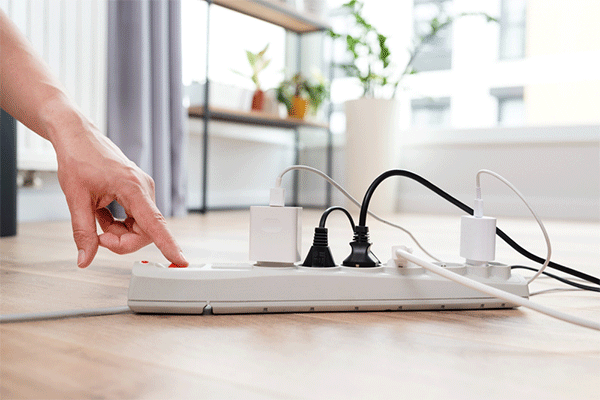How to Save A Little Money Every Day – It Adds Up
Saving money may seem like a daunting task, especially if you don’t keep track of spending. By changing simple habits in your daily life, you can increase your savings and add financial stability to your future.
There are also some creative, yet practical and common sense approaches to saving money every day, week or month, depending on how you manage your expenses and how frequently you get paid.
The first step to saving money is to start today, right where you are. Take one thing at a time and review what you are spending your money on, which, in some cases, can be things that are frivolous and unnecessary.
For example, look at your grocery receipt. If you shop through an app you might be buying things that you already have, or don’t really need. It’s always a good idea to make an inventory of what food you have in your pantry, refrigerator and freezer to make sure you are not duplicating buying things you already have in stock. This is also an effective way to meal plan.
You can also freeze meals to save for a later date to avoid wasting food. It’s easy to store meals and leftovers in freezer safe containers. Then simply put a piece of masking tape on the container with the date you froze it and what it contains. After that, add it to your inventory so you know you have those meals ready when you don’t feel like cooking. This is also a great way to avoid spending money on take out.
Another way to save money is to be aware of electricity use and turn off things you don’t need to leave on. This may seem counterintuitive, but in reality, we often don’t realize how much electricity something is taking that could be turned off when not in use. You can also invest in smart bulbs, and rechargeable motion sensor lights to reduce electric usage.
Smart thermostats are another way to manage your energy consumption and make it more efficient. You can set a schedule based upon the seasonal temperatures and the time of day to run your heating and cooling systems to their optimum performance. By making adjustments, you will see in the long run how much you can save, which adds to money saved.
If you’re shopping for new appliances, check the energy efficiency rating and buy those that have the lowest usage rating. If you have a car, make sure to keep it maintained in order to get the best fuel efficiency possible. If you use your car to run errands, try to group them by location so you are not going in so many directions you waste fuel.
If your utility company has an app, or shows a usage chart on your bill, you can compare your bills before and after you make adjustments to your usage to see how much money you save.
If you don’t have a car, and rely on other forms of transportation, you may want to consider a membership that includes perks and earns points that can be used for future rides. Uber and Lyft offer these types of programs, which can be advantageous to saving money.
When shopping for anything, it’s always a good idea to avoid impulse purchases by asking yourself if it’s something you really need, or you’re buying it out of desire to have it. Impulse purchases, whether in the store or online, can drain your bank account quickly. Rather than buy something on the spot, take the amount of the purchase price and put it into your savings account and wait to see if the impulse passes or if you still really need it. You may be surprised how often you will pass up the purchase in favor of saving the money if you really discipline yourself to wait on it.
Shopping the sales is another way to save money and avoid overspending. This can apply to everyday items like groceries and household essentials, as well as things like clothing and home goods. If you’re in the market for a big ticket item, make sure to comparison shop to find the best price, and don’t be afraid to ask a retailer to price match something you saw at a competitor offering a better deal.
Saving money does not need to be overwhelming. It is attainable if you start changing your habits incrementally, which over time can help you to realize your savings potential. Take it one day at a time and start changing things gradually. Every small step you take to avoid unnecessary spending is a step towards saving and that is something that will help you to become financially secure in the long run.




Post Comment